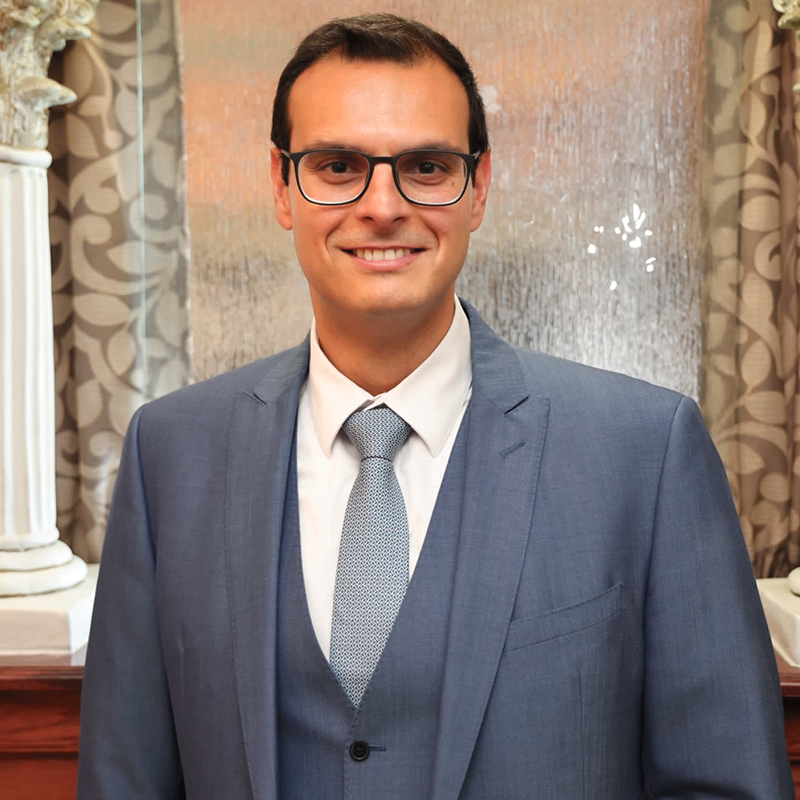
Akram Ayyash
Credit Portfolio Finance Trader - Citadel
Akram Ayyash is a Credit Portfolio Finance Trader at Citadel where he secures funding for the firm's credit products across various structures. He previously was a structured credit trader at BNP Paribas focusing on credit derivatives and secured financing products.
Why trading?
When I joined MSCF, I was still determining the career path that I wanted, but the program, and the alumni network, did a great job helping me explore different career paths: across the sell side and the buy side, from equity research to asset management. This helped me hone in on what I really wanted to do – be closer to the capital markets and help solve financial problems. After an internship on the structuring desk at BNP Paribas, I started working in credit structuring and quickly moved to the trading desk, where all the skills I learned at MSCF were tested. A few years after, I moved to Citadel, becoming a client of my former employer. Currently, I'm responsible for funding the firms' credit assets through various financing structures.
What do you enjoy most about your career?
On the sell side, I really enjoyed the opportunity to work with various clients, from private banks and hedge funds to corporations and asset managers. Getting to know clients and learning their perspectives on trades and the markets and how each of them views risk is a unique experience. On the buy side, I love the independence and thought-provoking work that I do and seeing how my work can help push the firm forward to become a more prominent player in the world of credit investing.
What are the top skills required to be successful in this field?
We constantly work with numbers and legal documents, and it’s important to have attention to detail so as not to make mistakes. A good technical skillset is necessary, but in addition to that, it’s important to be personable and have strong communication skills. Traders need to talk with people, negotiate and understand the different needs of clients who want to close trades. The knowledge of rules and regulations will help traders understand what trades are feasible from a regulatory viewpoint and what are the capital costs associated with them – this is becoming more and more important.
How has the MSCF program helped you in your career?
The technical skills I learned in mathematics, statistics and computer science have been helpful on a day-to-day basis. I felt I was better equipped in my technical skillset than my peers during my summer internship. The Speaker Series offered input from practitioners that showed me what the real world looked like from my seat as a student. The network of alumni introduced me to different career options and helped me judge what I really wanted in a career.